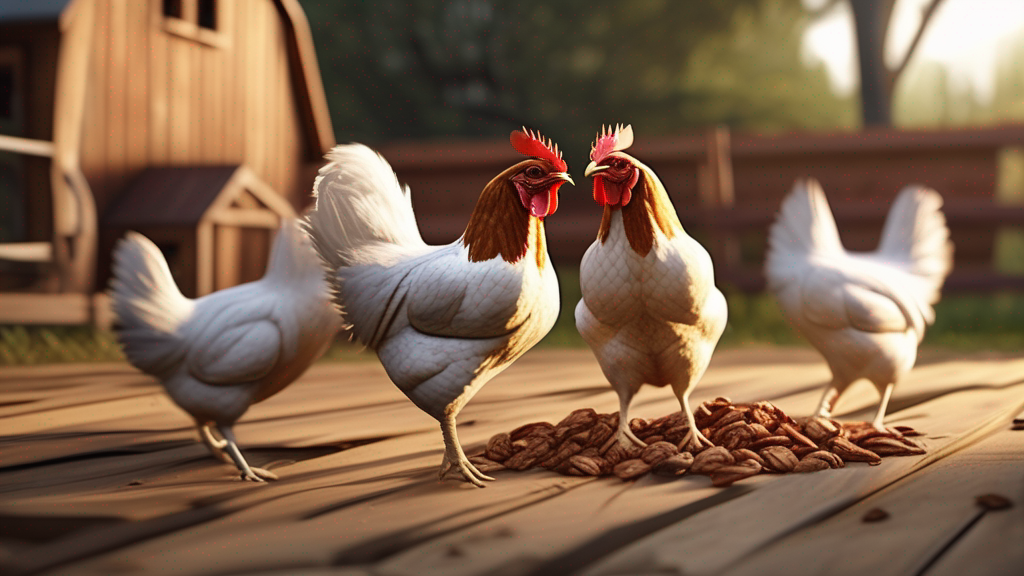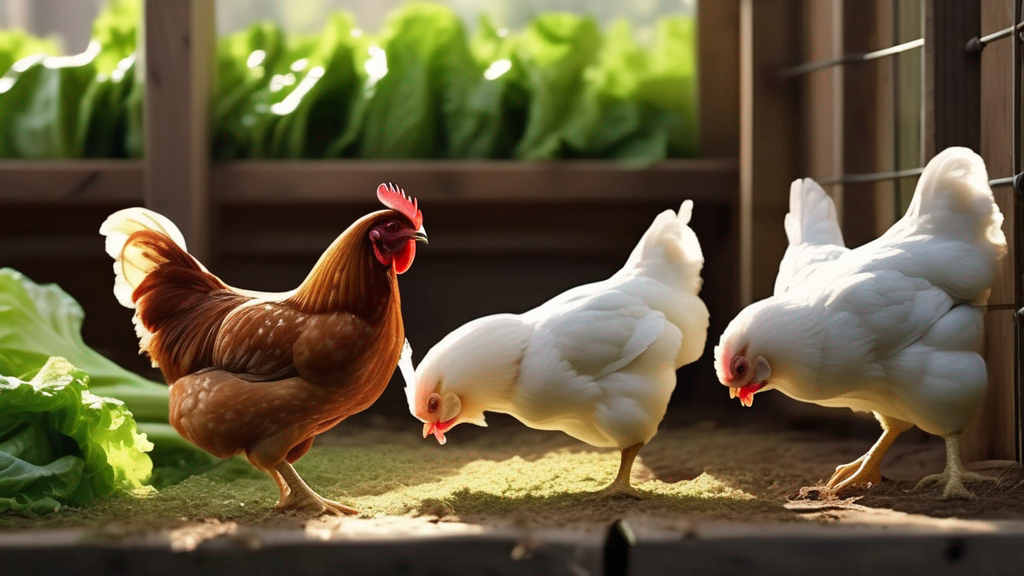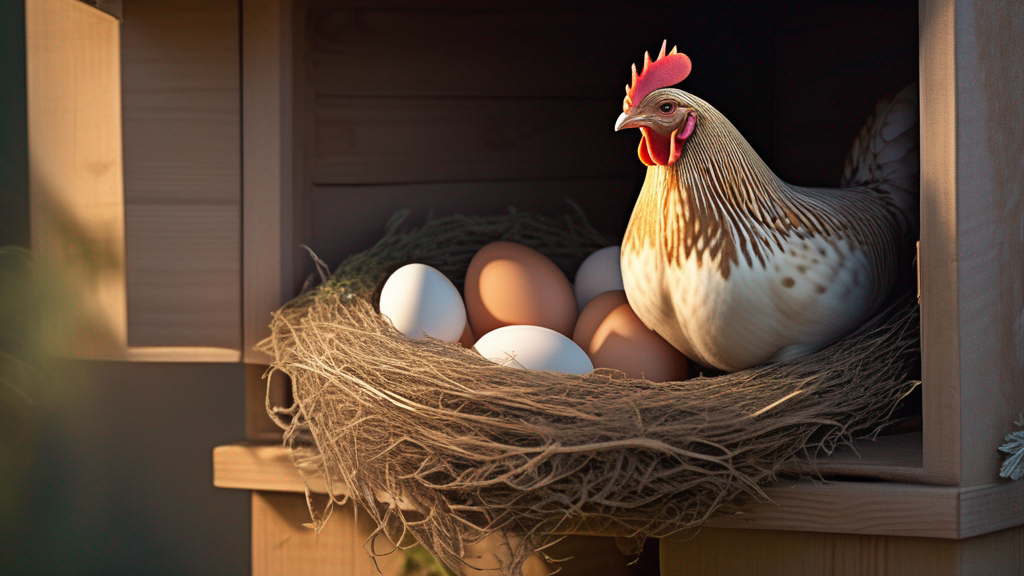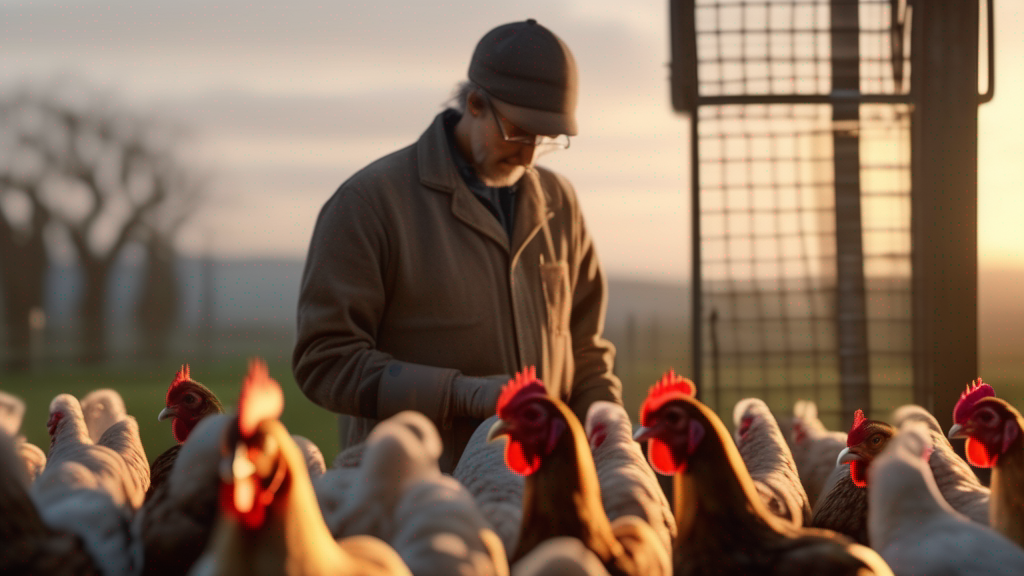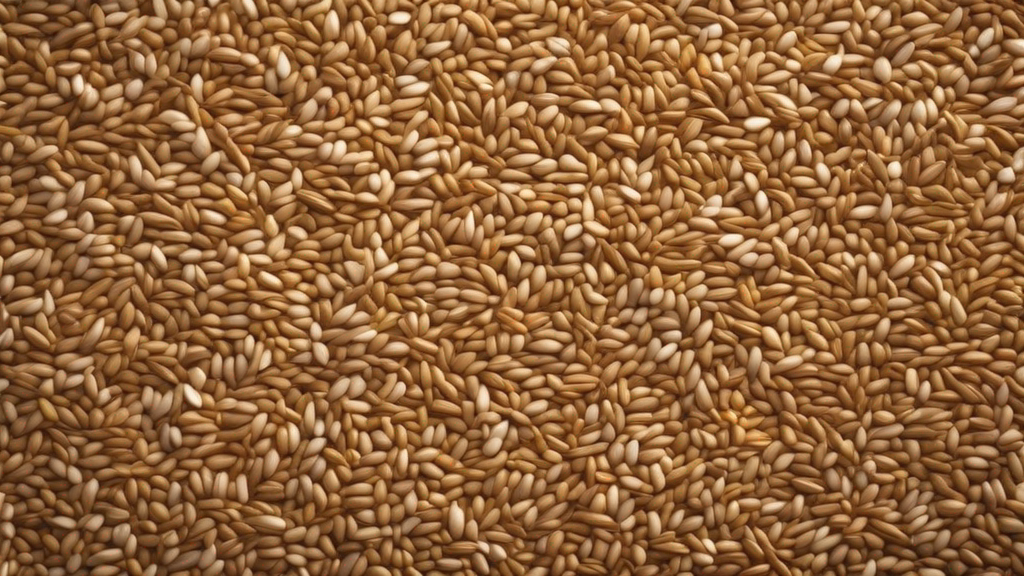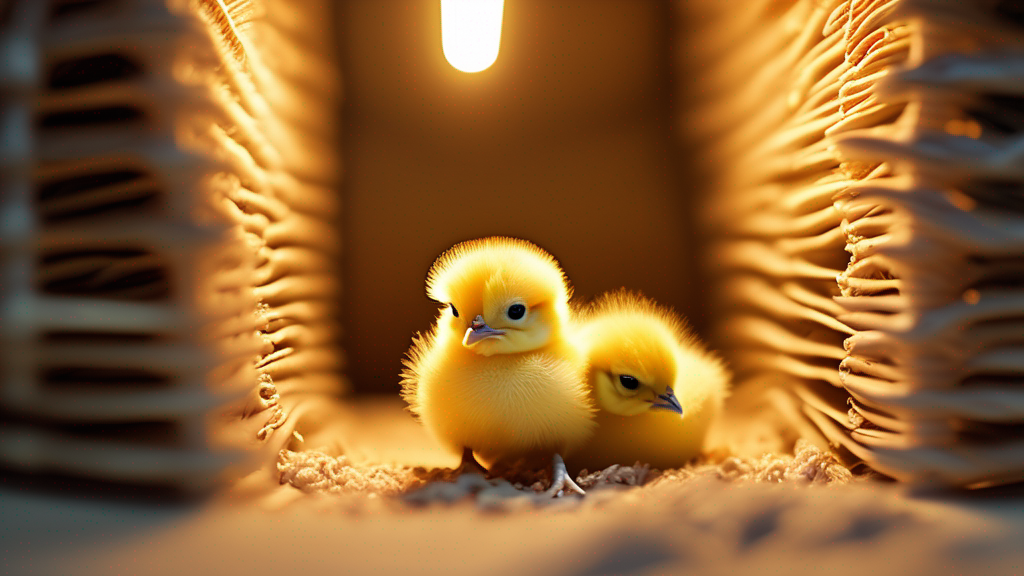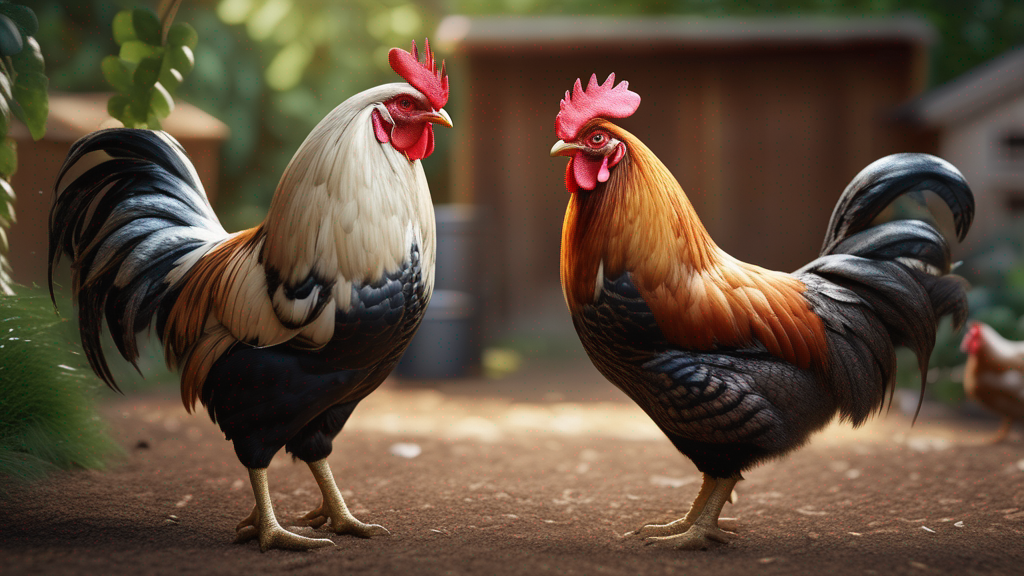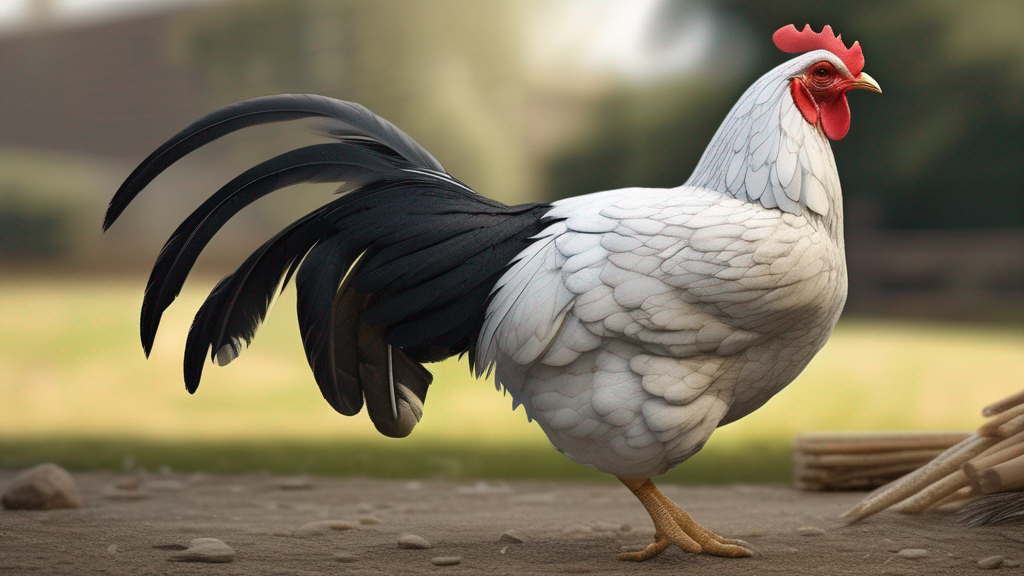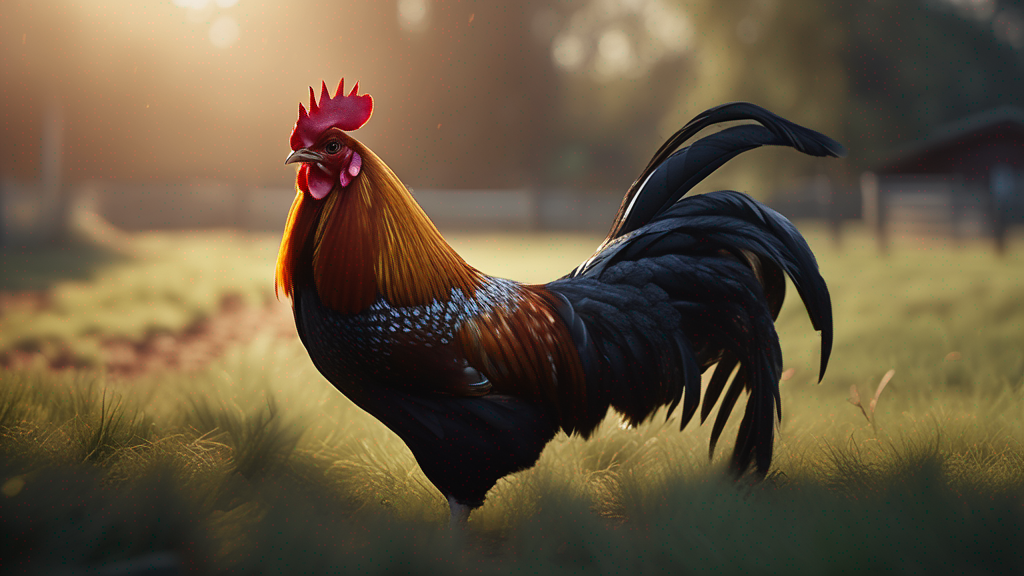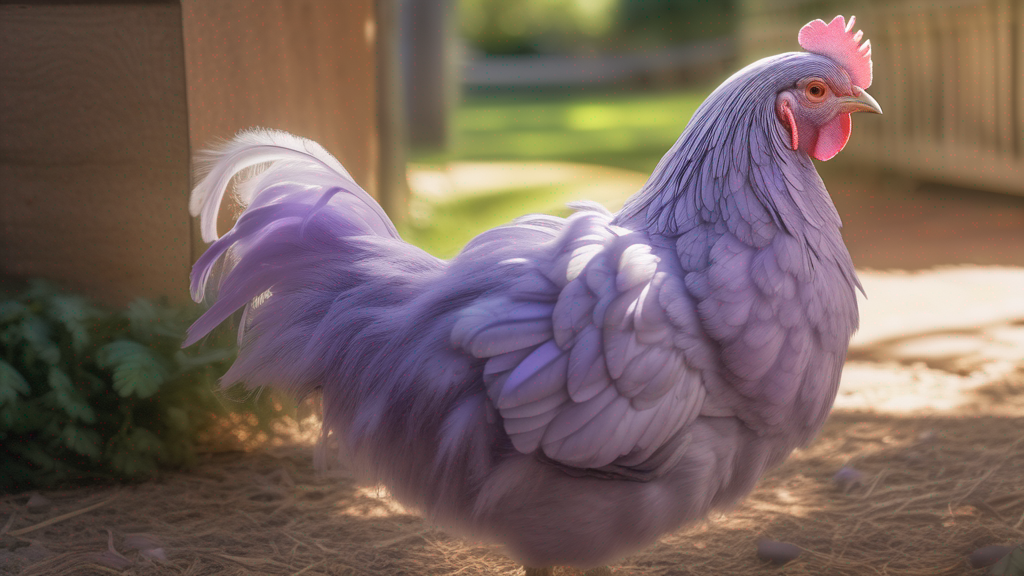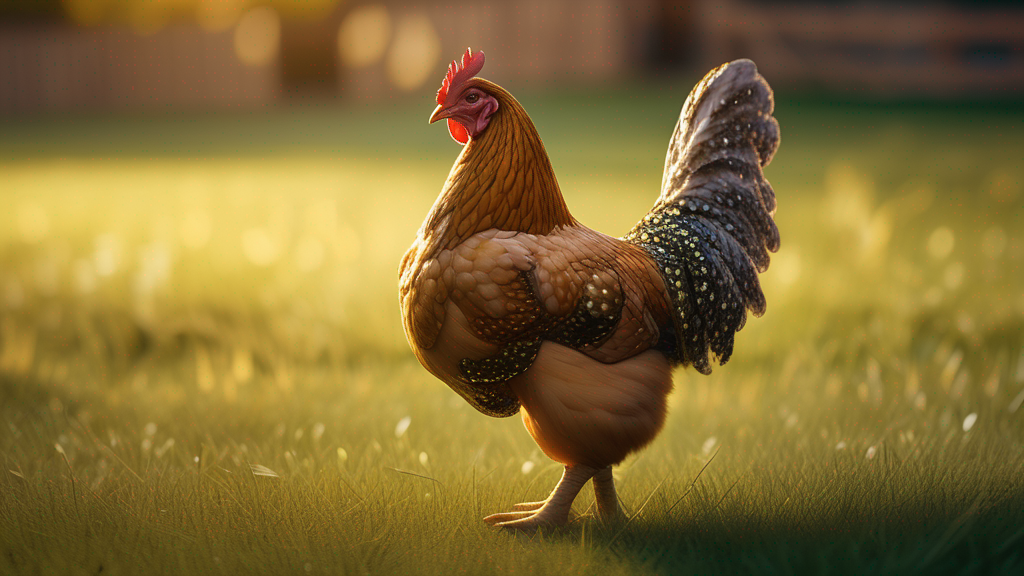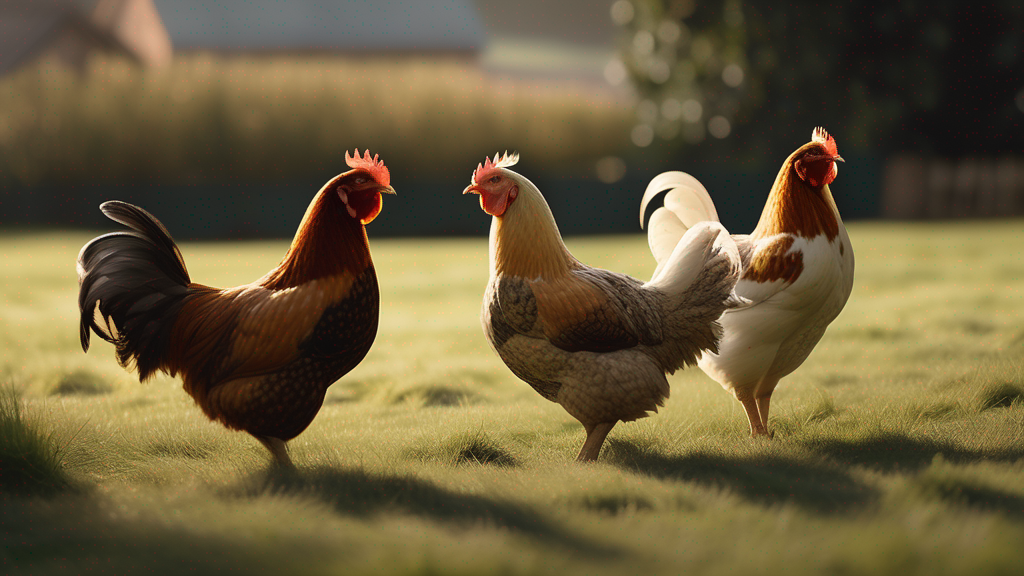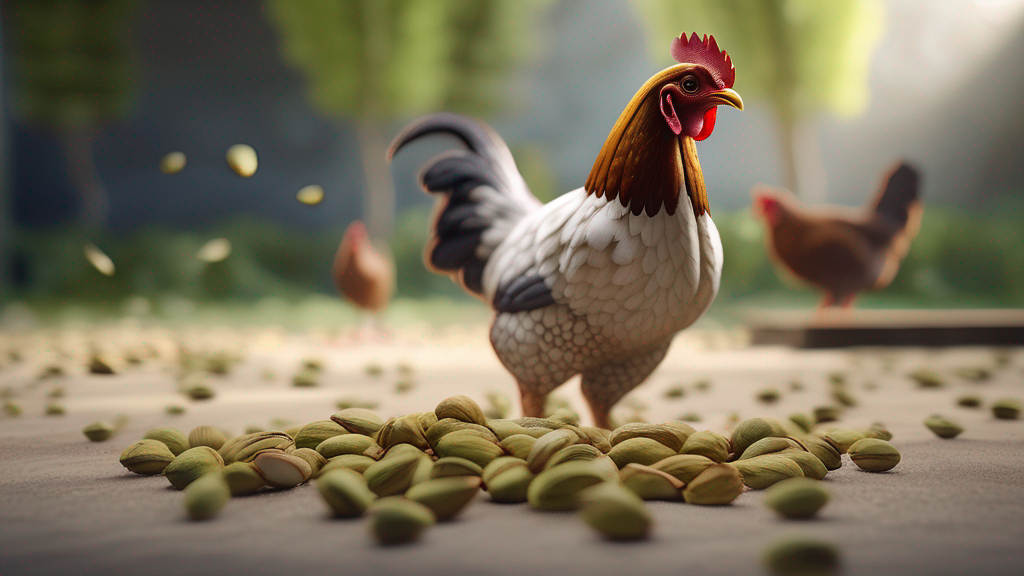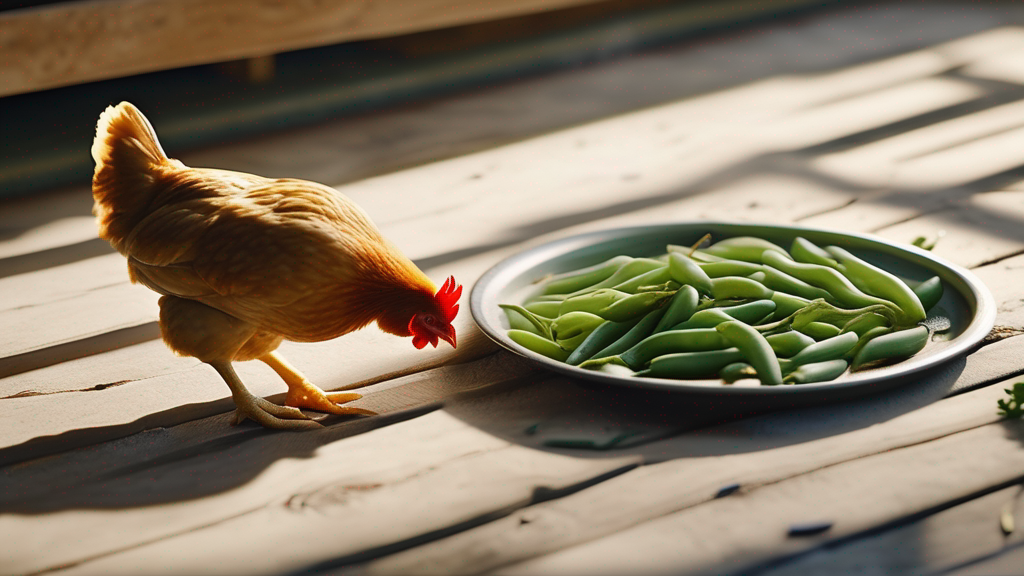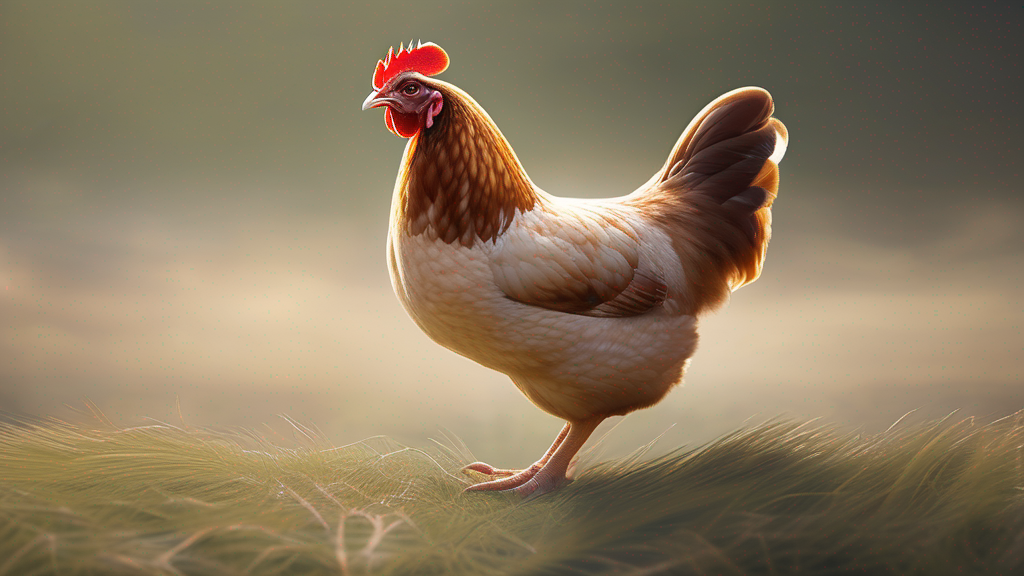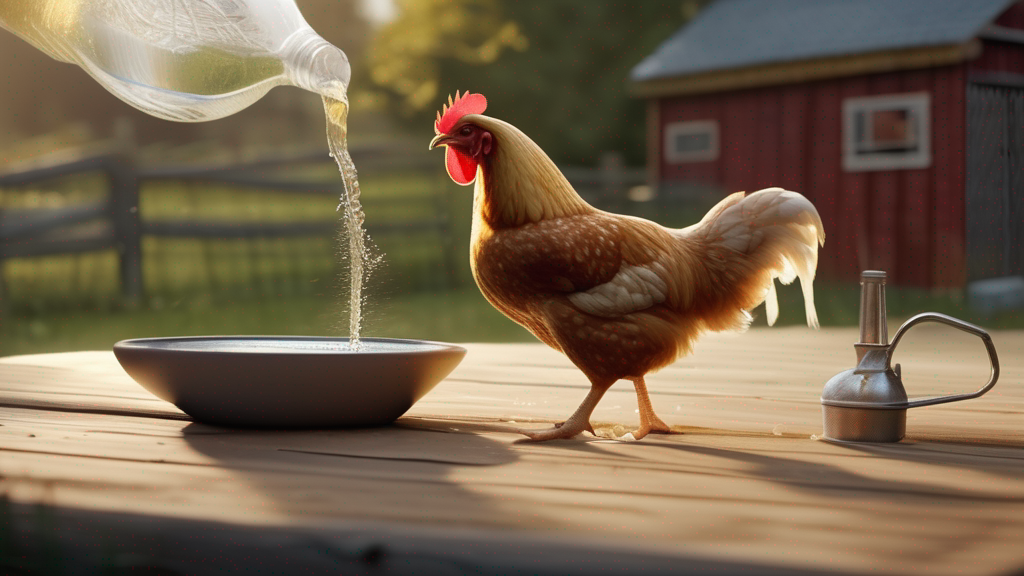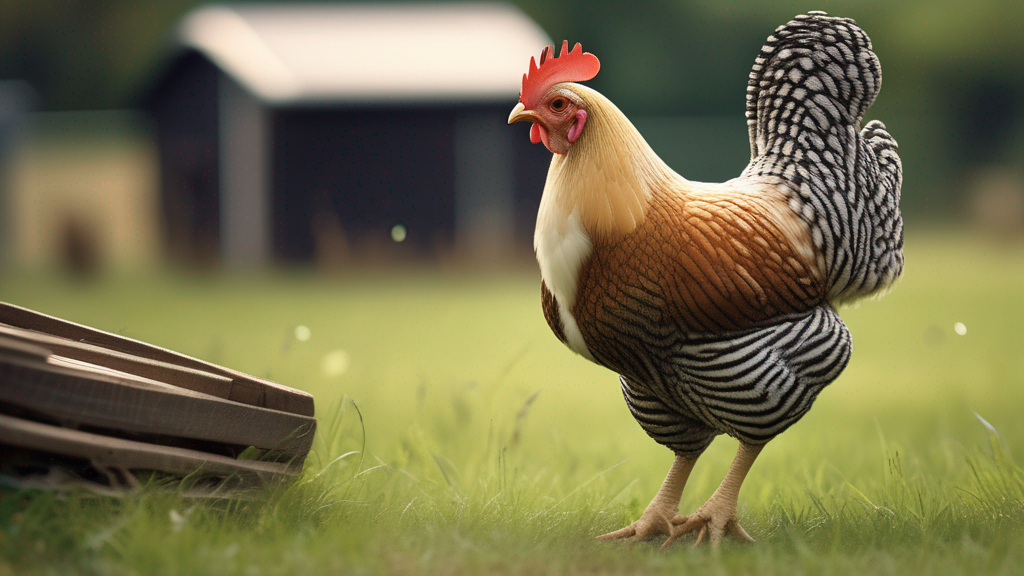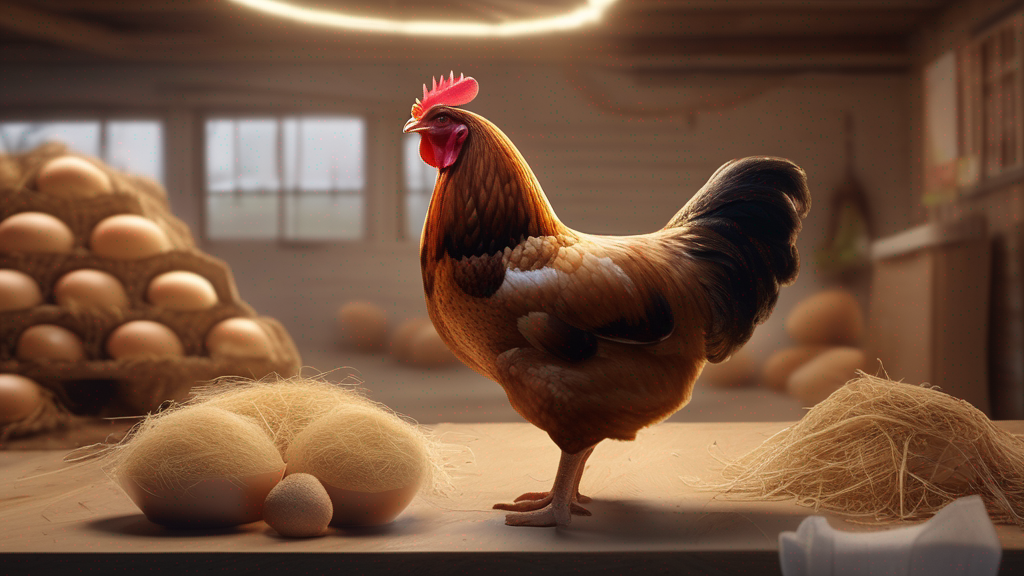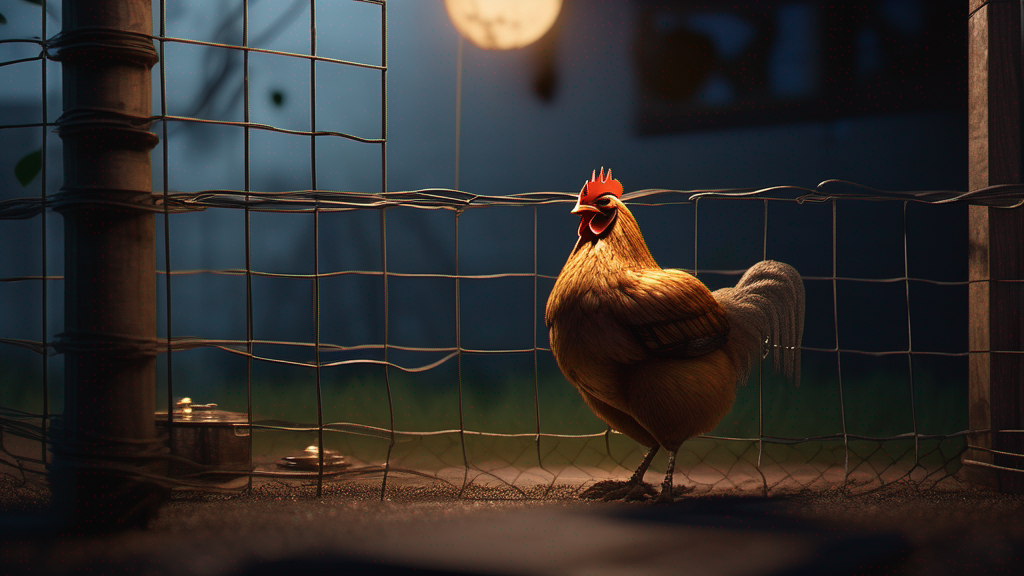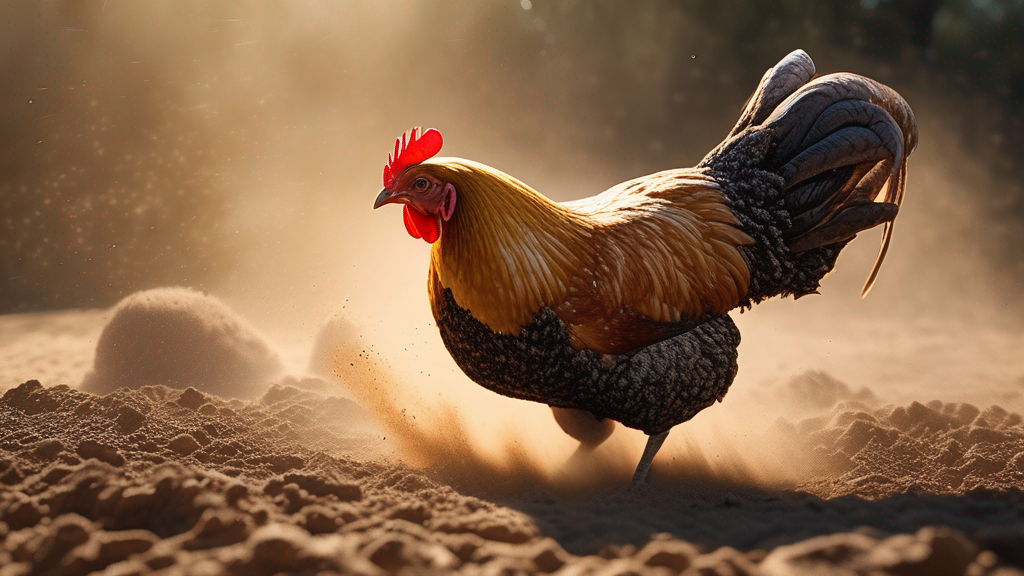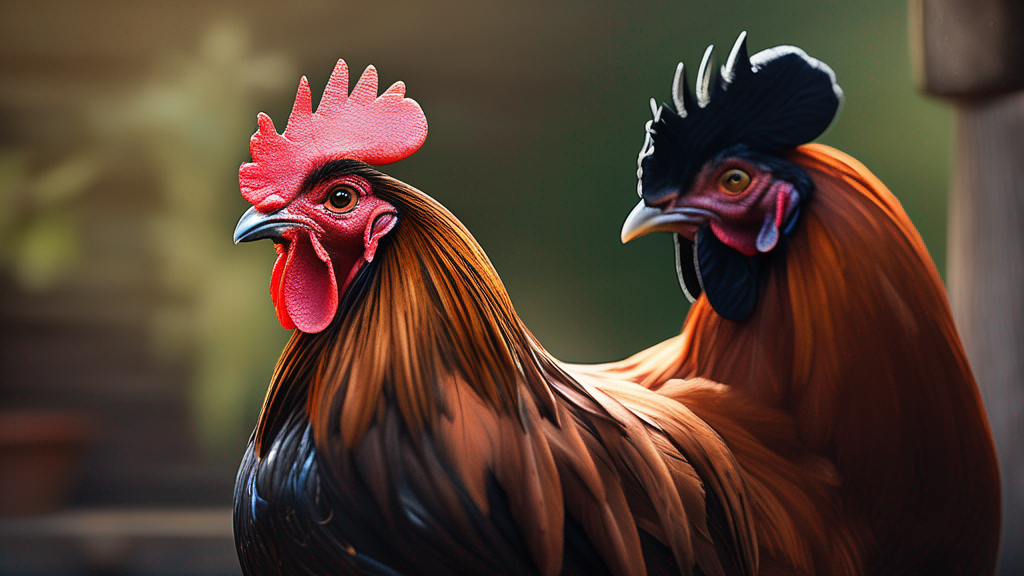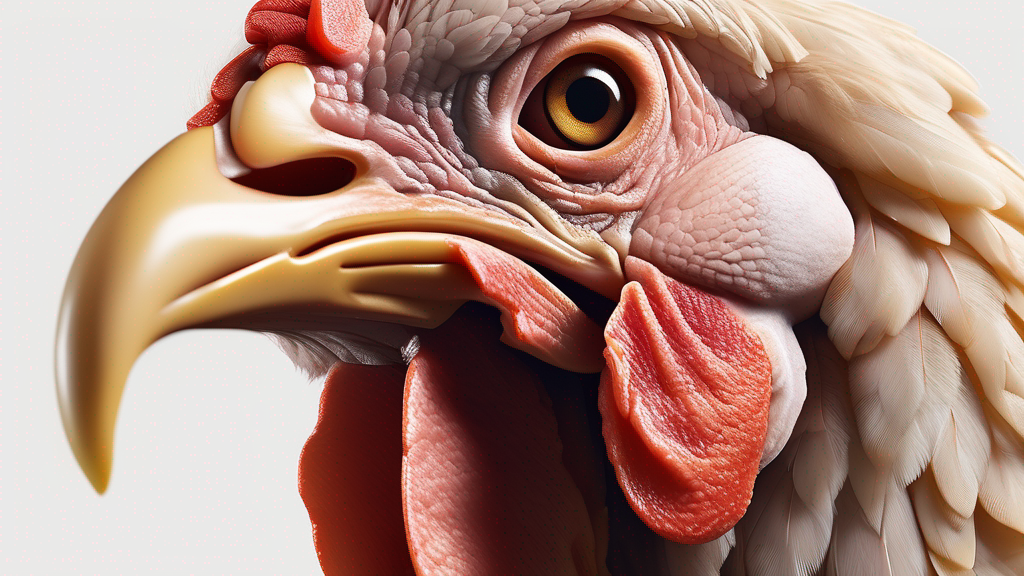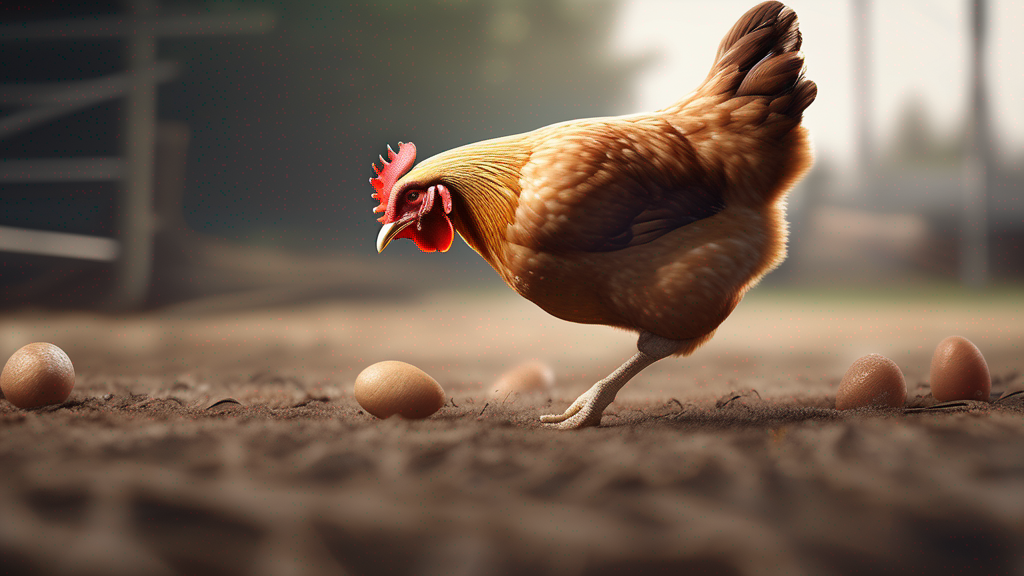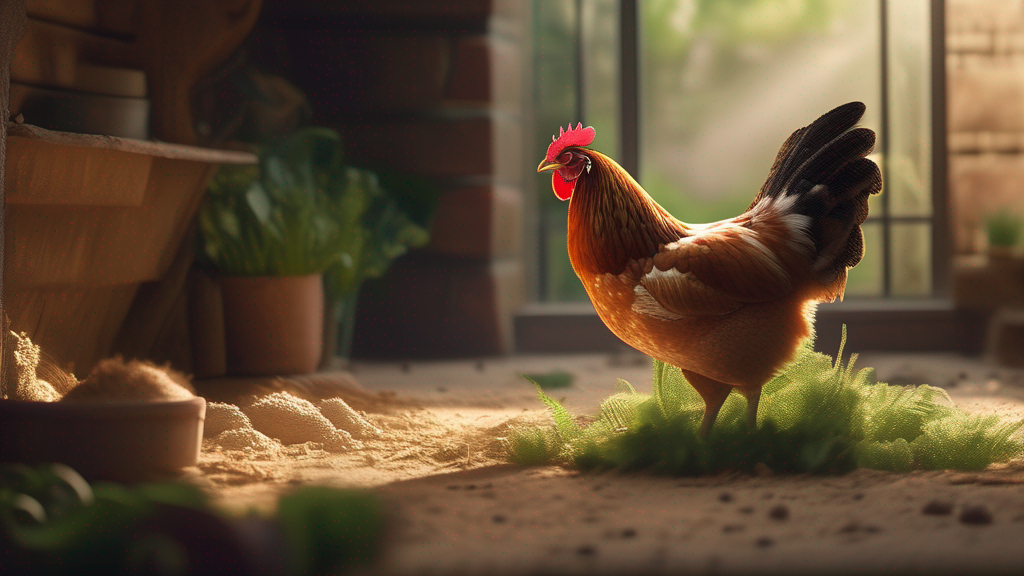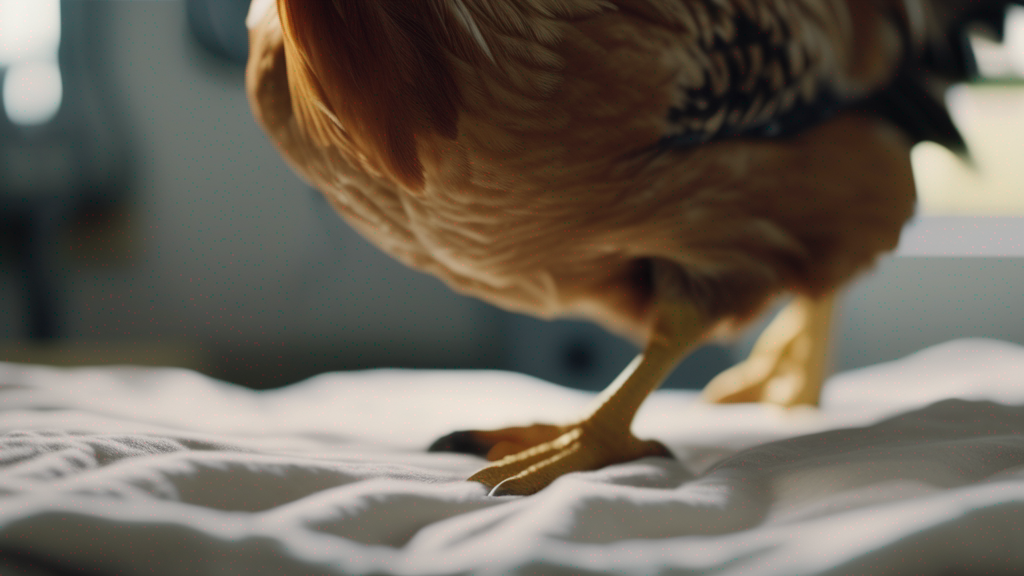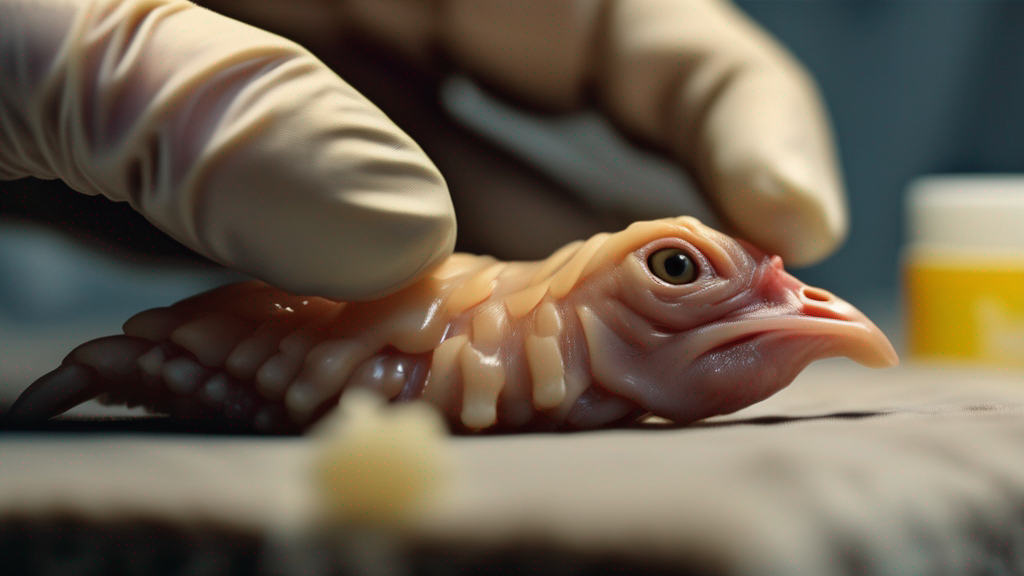If you’re a backyard chicken keeper or simply an animal lover, you may have wondered: Do chickens get sad when you take their eggs? It’s a thoughtful question, rooted in empathy and curiosity. After all, chickens are intelligent creatures with social behaviors and emotions. But what really happens when we collect their eggs daily?
In this detailed guide, we’ll explore the science behind chicken emotions, their biological egg-laying process, broodiness, behavioral changes, and whether they actually feel sadness or distress when you collect their eggs. We’ll back our analysis with real-life observations, animal behavior research, and veterinary insights.
Understanding the Physiology of Egg Laying
To understand chicken emotions regarding eggs, we must first understand how their bodies work. Chickens lay eggs due to an internal hormonal cycle—not because they consciously intend to produce chicks.
- Ovulation: A hen’s reproductive cycle lasts around 24–27 hours. During this time, an ovum is released and encased in layers of albumen and shell.
- No Fertilization Required: Hens lay eggs with or without a rooster. Unfertilized eggs are biologically no different in form but hold no developing embryo.
- Instinctual Behavior: Most hens naturally drop an egg and move on. However, some breeds or individuals show stronger maternal instincts, especially if they go broody (more on this later).
Do Chickens Feel Emotions?
Research in animal cognition suggests that chickens are sentient beings capable of basic emotions. According to a 2017 study published in the journal *Animal Cognition*, chickens demonstrate:
- Empathy-like responses toward their chicks
- Social bonding and recognition of other flock members
- Problem-solving abilities and memory
However, this emotional capacity doesn’t directly translate to sadness over egg collection—unless the chicken is experiencing broodiness.
What Is Broodiness and Why It Matters
Broodiness is a natural instinct in hens to incubate eggs and hatch them. When a hen goes broody, she’ll sit on the nest constantly, become protective, puff up her feathers, and sometimes peck if disturbed. During this state, the hen is emotionally and hormonally invested in the eggs.
If eggs are removed during broodiness:
- The hen may return to the nest and exhibit distress behaviors like clucking, pacing, or refusing to leave.
- In rare cases, she may continue to brood an empty nest or even try to incubate other objects.
- This is when chickens can show signs that resemble “sadness,” driven by a disrupted instinct rather than human-like grief.
Which Breeds Are More Likely to Go Broody?
- Cochin
- Silkie
- Orpington
- Plymouth Rock
- Brahma
Signs a Hen Is Emotionally Attached to Her Eggs
While most hens don’t miss their eggs after laying, a broody hen may:
- Sit in the nest box for hours or days
- Cluck and call softly to the eggs
- Peck or become vocal when approached
- Fluff feathers and make low warning sounds
Scientific Perspective: Are Chickens Really Sad?
In scientific terms, “sadness” in chickens isn’t equivalent to human sadness. Veterinarians and animal behaviorists instead look for signs of stress, anxiety, or hormonal disruption.
Hormonal Indicators of Distress
- Broody hens produce higher levels of prolactin, a hormone linked to mothering behavior.
- When you take eggs away during peak prolactin levels, the hen may become temporarily agitated or confused.
- No increase in corticosterone (stress hormone) has been consistently found in non-broody hens when eggs are collected.
Facts & Figures
| Behavior/Stat | Observation |
|---|---|
| Egg Laying Cycle | ~24-27 hours per egg |
| Broody Behavior Duration | 2–3 weeks without interruption |
| Stress Increase from Egg Collection | Minimal in non-broody hens (Veterinary Study 2021) |
| Prolactin Levels in Broody Hens | 3–4 times higher than usual |
Ethical Egg Collection Tips
To ensure your flock remains happy and stress-free:
- Collect eggs regularly but gently.
- Leave one fake egg or golf ball in the nest to reduce disruption.
- Offer treats after collection to create a positive association.
- Handle broody hens delicately, and consider giving them fertilized eggs to hatch if you want chicks.
- Monitor for signs of distress or refusal to leave the nest box.
What Chicken Owners Say
“My Rhode Island Red never cares when I collect eggs. But my Silkie puffs up and growls when she’s broody—it’s like she’s guarding her treasure.” – Anna, backyard chicken keeper
“We use fake eggs in our nesting boxes. The hens don’t seem to mind when we swap out the real ones. It keeps everyone calm.” – Tom, homesteader
Conclusion: Do Chickens Get Sad?
Non-broody chickens typically do not feel sadness when their eggs are collected. They lay due to biological rhythm, not emotional intent. However, broody hens—those hormonally and behaviorally inclined to sit on their eggs—may experience confusion, protectiveness, and signs of stress when eggs are removed.
If you recognize and respect broody behavior, you can ensure a peaceful and ethical environment for your chickens. Whether you collect eggs for food or allow hatching, understanding chicken psychology and physiology helps you make compassionate, informed decisions.
Want more science-backed articles on chicken behavior? Visit our Chicken Behavior Hub for guides on social bonding, vocalizations, and pecking order dynamics.
